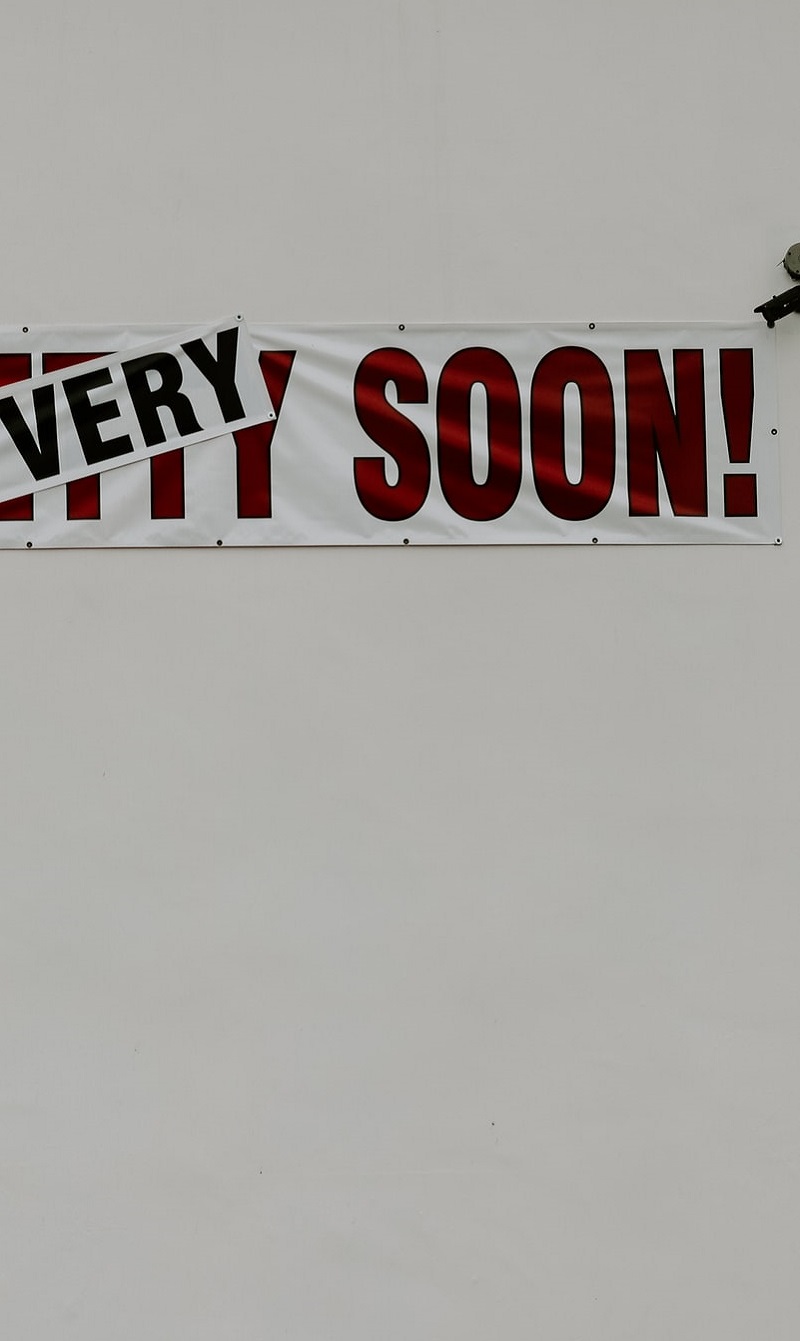Building resilient SMEs for sustainable growth
As the African and ASEAN region’s transition from a commodity-driven to an industry-driven economy, the respective governments are making a greater effort to build resilience among domestic SMEs to ensure that they are able to participate in the next level of sustainable economic growth.
Rwanda—building a holistic policy framework for SMEs
Africa and ASEAN are two regions that promise exciting economic growth, largely driven by the small and medium-sized enterprises (SMEs), which contribute substantially to the individual countries’ Gross Domestic Product (GDP), employment and exports. With GDP of around USD2.4 trillion in 2014, the African continent is one of the most dynamic areas in the world. While developed countries are straining to surpass two per cent growth per annum, growth in Africa has exceeded four per cent on average since 2008.
While the World Bank recently cut its growth estimates for the Sub-Saharan Africa region to 3.7 per cent—the lowest since 2009—the Southeast African nation of Rwanda is looking to sustain annual growth of about seven per cent, implying that there is a healthy domestic economy for SMEs to tap into.
‘In Rwanda, SMEs account for more than 98 per cent of businesses,’ said François Kanimba, Rwanda’s Minister of Trade and Industry, adding that the country had a policy framework to promote SMEs through a number of interventions. ‘Currently, we are in the process of building an institutional ecosystem to promote SMEs: we are focusing on providing SMEs with access to domestic and international markets,’ he said.
As access to financing was a major hurdle for SMEs, Rwanda established an institutional framework through a business development fund: ‘The fund is there to develop incubation centres nationwide in order to support startups in their growth until they reach the stage where they can deal with commercial banks, including providing guarantees for bank loans,’ Kanimba explained.
The Rwandan Government is also building a number of key institutions to support SMEs, among which is the Rwanda Standards Board which aims to improve the capacity of SMEs to achieve international standards.
Education and training form another pillar of Rwanda’s SME development framework. ‘We are restructuring the education system to focus mainly on professional training by activating technical vocational education and training (TVET). We are also setting up specialised training institutions to increase managerial skills among SMEs, cooperatives and micro-fund institutions,’ Kanimba said.
Finally, an important cross-cutting strategy to boost SMEs in Rwanda is the development of ICT infrastructure and training to ensure that young entrepreneurs are connected and able to access information worldwide.
Cambodia—a gateway to ASEAN
Cambodia, a developing economy that is seen as a gateway to ASEAN, experienced 6.9 per cent growth in 2015, which it is expected to maintain in 2017.
In 2016, Cambodia, along with its ASEAN neighbours, will become part of the ASEAN Economic Community (AEC), which envisions the region as a single market and production base. As the AEC will have a total population of 630 million, combined GDP of USD2.57 trillion, foreign direct investments of USD134 billion and combined exports of USD1.3 trillion, the new grouping will form a major market that presents significant opportunities for SMEs in the region.
To prepare SMEs for the AEC, the Cambodian Government is working to transition them from the informal to the formal sector. According to Sun Chanthol, who is Cambodian Minister of Commerce and the Vice Chairman of the Council for the Development of Cambodia, the country has established a single-roof registration centre to make it easier for SMEs to incorporate their companies and gain better access to financing.
Much of Cambodia’s growth will be driven by new sectors such as line manufacturing, food processing and component assembly. To achieve this, Chanthol said, the cost of logistics and electricity must be reduced while a skilled labour force must be built up in order for SMEs to thrive.
‘We will create more special economic zones in the country to attract more foreign direct investments so that SMEs can enter the supply chain for the region and the world,’ he said, adding that Cambodia must develop the right talents: ‘We are strengthening the quality of our education by pushing more students into technical and vocational education and training (TVET) as well as requiring that English be taught in schools,’ he said.
Cambodia is also investing heavily in developing infrastructure that will support the participation of SMEs in the AEC, including building roads for seamless transportation with neighbouring countries as well as expanding internet connectivity and mobile phone penetration.
Mozambique—looking beyond gold
South of Rwanda lies the Portuguese-speaking Republic of Mozambique, which has seen a growth of around 7.5 per cent per annum over the past decade.
‘SMEs in Mozambique represent almost 95 per cent of all registered companies, contributing 28 per cent of GDP and around 40 per cent of the employment,’ said Ernesto Max Elias Tonela, Minister of Trade and Industry, Mozambique.
Recognising that the creation of new job opportunities is linked largely to the development of SMEs, Mozambique plans to ensure sustainable economic growth by increasing the number of new SMEs in the formal economy as well as by improving the competitiveness of the existing SMEs.
‘There are many opportunities for the development of SMEs in Mozambique arising from current growth and investment flows based on large projects linked to the oil and gas and gold sectors, as well as the dynamic arising from preferential market arrangements and Mozambique’s integration into the Southern African Development Community (SADC),’ Tonela said, adding that special attention should be given to SMEs in sectors that have more potential for job creation and which can leverage on the rapid growth of the economy.
One of the challenges facing SMEs is the need for skills and training. The Mozambican Government is addressing this by focusing more attention on technical schools, with the aim of training graduates to set up their own businesses and create jobs.
The development of oil and gas projects also increases demand for skills among SMEs, and the Government is responding with a training programme linked to oil and gas concessionaires, which is aimed at helping SMEs become qualified suppliers for these projects.
‘With the establishment of special economic zones, Gabon encourages the creation of SMEs that will benefit from a zero per cent corporation tax for the first ten years of activity, zero per cent dividend tax and many other advantages.’
Gabon—reducing dependence on oil
Gabon is the third-richest African country by per capita income and recorded 5.1 per cent GDP growth in 2014, with 4.5 per cent to five per cent in 2016. According to Axel Jesson Denis Ayénoué, who is Advisor to the President of the Gabonese Republic, SMEs are a stable source of economic growth and social progress in the country.
‘The success of SMEs in Gabon has been due partly to several reforms and policies initiated by President Ali Bongo Ondimba. One of these reforms is the simplification of the process of setting up a company via the introduction of a business development centre,’ Ayénoué said.
‘With the establishment of special economic zones, Gabon encourages the creation of SMEs that will benefit from a zero per cent corporation tax for the first ten years of activity, zero per cent dividend tax and many other advantages.’
While policies are necessary to guarantee the performance of SMEs, Ayénoué added that training was another critical factor for success: ‘People need training on how to run a business, on management skills, as well as training in the sector in which they want to invest. We have also identified sectors in which we need more graduates, while those from rural areas need training in areas such as agriculture.’
While other speakers argued for the development of infrastructure to support economic growth, Ayénoué said that the building of infrastructure itself could provide a solution when SMEs were contracted for these projects. ‘We must build infrastructure that will put pressure on inflation, increase growth, shorten the distance between cities, create more jobs, and create more opportunities for SMEs,’ he said.
___________________
This is based on a session from the 11th WIEF in Kuala Lumpur, Malaysia.
Jared Sluyter





